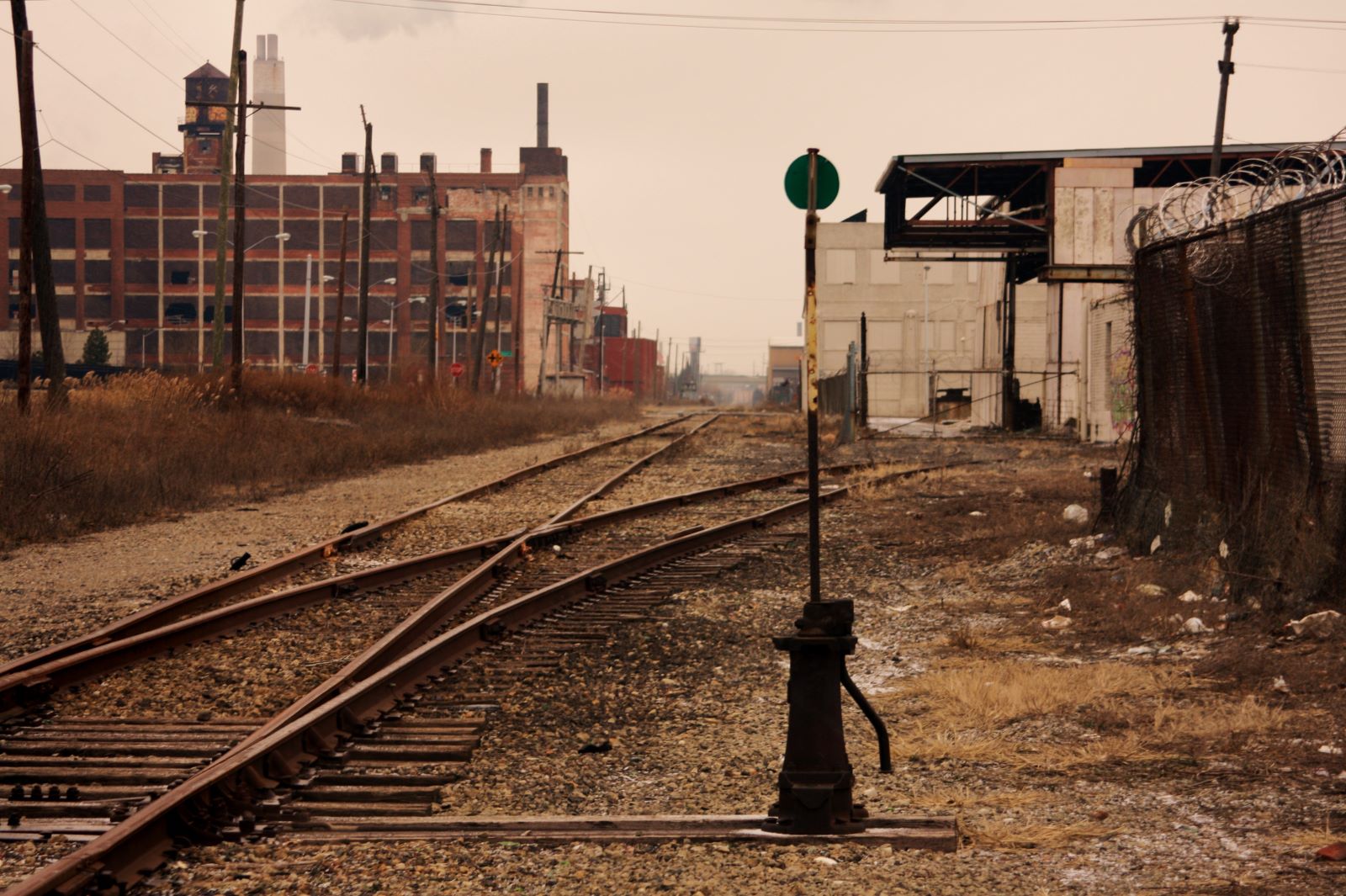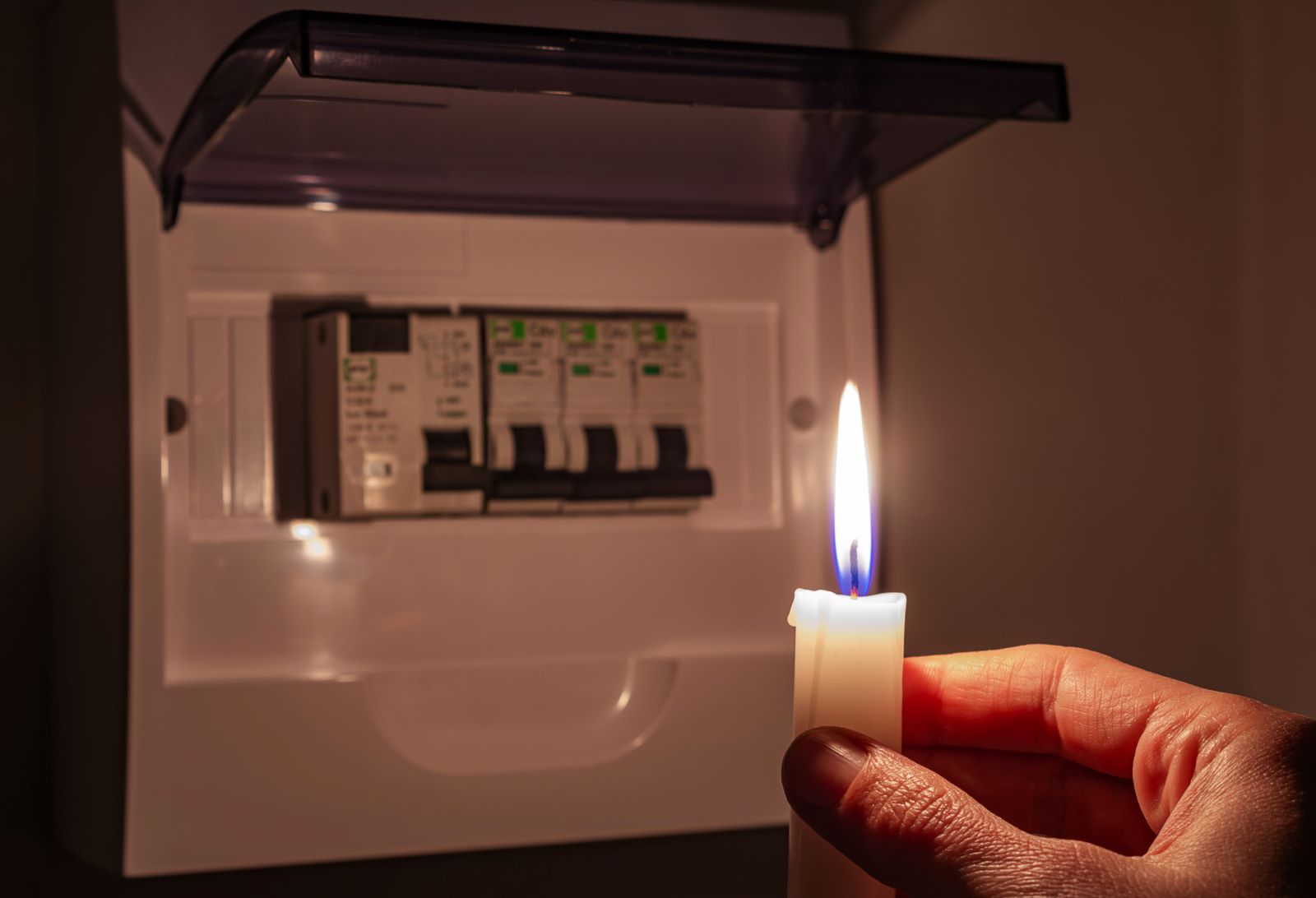The lights flicker, then go out, and they’re not coming back—ever. No more checking your phone, no more cold milk, and certainly no more binge-watching. In a world without power, how will you manage? The sudden loss of technology could throw us back decades, if not centuries. Are you prepared to adapt?
1. Immediate Loss of Communication

Image Credit: Shutterstock / fizkes
Without electricity, all contemporary modes of communication, including cell phones, internet, and televisions, would cease to function. This would isolate communities and halt the flow of information.
2. Collapse of Banking Systems

Image Credit: Shutterstock / fizkes
ATMs, online banking, and credit card systems would be inoperable. People would have to rely solely on cash on hand, leading to potential financial chaos and a reversion to barter systems.
3. Disruption of Water Supply

Image Credit: Shutterstock / APChanel
Most water treatment plants rely on electricity to pump and treat water. Without power, access to clean water would be severely restricted, leading to sanitation issues and increased risk of waterborne diseases.
4. Failure of Transportation Networks

Image Credit: Shutterstock / Judy Marie Stepanian
Traffic lights and train systems would stop, causing unprecedented disruption in transportation. Fuel pumps at gas stations would also become unusable, crippling vehicle mobility.
5. Loss of Emergency Services

Image Credit: Shutterstock / Gorodenkoff
Emergency services such as fire, police, and ambulance would struggle to operate effectively without communication tools and other technology-dependent resources.
6. Food Supply Shortages

Image Credit: Shutterstock / David Pereiras
Without refrigeration and powered transportation, food distribution would be severely challenged. Perishable goods would spoil, leading to widespread food shortages and potential starvation.
7. Healthcare Crisis

Image Credit: Shutterstock / SeventyFour
Hospitals and pharmacies would be unable to operate normally. Life-saving equipment that requires power, like ventilators and monitors, would no longer function, leading to increased mortality.
8. Economic Collapse

Image Credit: Shutterstock / BUNDITINAY
The shutdown of major manufacturing and retail businesses that rely on electronic transactions and logistics would lead to economic collapse and mass unemployment.
9. Rise in Crime

Image Credit: Shutterstock / Daniel M Ernst
As law enforcement becomes less effective and desperation grows, crime rates would likely increase, with looting and violence becoming more common.
10. Breakdown of Social Order

Image Credit: Shutterstock / 1000 Words
Without the common structures provided by technology and organized government, social order could break down, leading to civil unrest and potentially anarchic conditions.
11. Educational Disruption

Image Credit: Shutterstock / studiovin
Schools and universities would struggle to function without digital resources, lighting, and heating or cooling systems, severely impacting education.
12. Impact on Mental Health

Image Credit: Shutterstock / Prostock-studio
The sudden change in lifestyle and the stress of daily survival could lead to a significant increase in mental health issues, such as anxiety and depression.
13. Loss of Heating and Cooling

Image Credit: Shutterstock / Pheelings media
Without power, people would lose the ability to heat or cool their homes, which could be deadly in extreme weather conditions.
14. Dependence on Renewable Energy

Image Credit: Shutterstock / anatoliy_gleb
Individuals and communities with access to off-grid solar or wind power would be at a significant advantage, potentially leading to energy inequities.
15. Decay of Infrastructure

Image Credit: Shutterstock / Anastasia Matveeva RU
Over time, lack of maintenance and the inability to operate machinery would lead to the rapid decay of infrastructure like roads, bridges, and buildings.
16. Dark Nights

Image Credit: Shutterstock / voronaman
With no artificial lighting, urban areas would be plunged into darkness after sunset, affecting everything from safety to lifestyle.
17. Return to Manual Labor

Image Credit: Shutterstock / CameraCraft
Without machinery, many industries would revert to manual labor, drastically slowing productivity and changing employment landscapes.
18. Revival of Old Technologies

Image Credit: Pexels / Pixabay
Technologies that don’t require electricity, like typewriters and hand pumps, would see a revival as society adapts to the new normal.
19. Re-localization of Communities

Image Credit: Shutterstock / La Huertina De Toni
Communities would likely become more localized, with people growing their own food and producing goods at a small, local scale.
20. Changes in Sleep Patterns

Image Credit: Shutterstock / Anastasiya Tsiasemnikava
People might revert to more natural sleep patterns, sleeping shortly after dark and waking with the sunrise, aligning more closely with natural circadian rhythms.
21. Environmental Impact

Image Credit: Shutterstock / mimagephotography
On a potentially positive note, the cessation of many polluting activities could lead to a rapid improvement in air quality and a reduction in carbon emissions.
22. Rediscovery of Community and Survival Skills

Image Credit: Shutterstock / Jason Mintzer
As people become more reliant on one another in small community groups, there could be a rediscovery of community spirit and survival skills that have been lost in modern life.
Are You Prepared for a World Without Power?

Image Credit: Shutterstock / Yevhen Prozhyrko
Living without power, WiFi, or modern technology would not just be an inconvenience; it would fundamentally change every aspect of life as we know it. How prepared do you think you are for such a drastic shift? Could this scenario force us to resolve our dependencies on technology and rediscover more sustainable ways of living?
Oil Dumping Scandal Rocks Ships Heading to New Orleans

Image Credit: Shutterstock / Aerial-motion
Two shipping companies have been fined after knowingly hiding a large oil spill in the Atlantic Ocean. Oil Dumping Scandal Rocks Ships Heading to New Orleans
20 Eye-Opening Realities Facing Retiring Baby Boomers

Image Credit: Shutterstock / Jack Frog
As Baby Boomers approach retirement, the promise of leisure and security often seems unattainable. This generation faces unique challenges that could redefine retirement. Here’s a stark look at the realities shaping their outlook. 20 Eye-Opening Realities Facing Retiring Baby Boomers
Retail Apocalypse: Massive Closures Sweep Across U.S. Brands

Image Credit: Shutterstock / Tada Images
Stores across the U.S. are closing at unprecedented levels, according to new research from advisory firm Coresight Research. Read on for more information about the impact this could have on you and your communities. Retail Apocalypse: Massive Closures Sweep Across U.S. Brands
Featured Image Credit: Shutterstock / Javidestock.
For transparency, this content was partly developed with AI assistance and carefully curated by an experienced editor to be informative and ensure accuracy.


